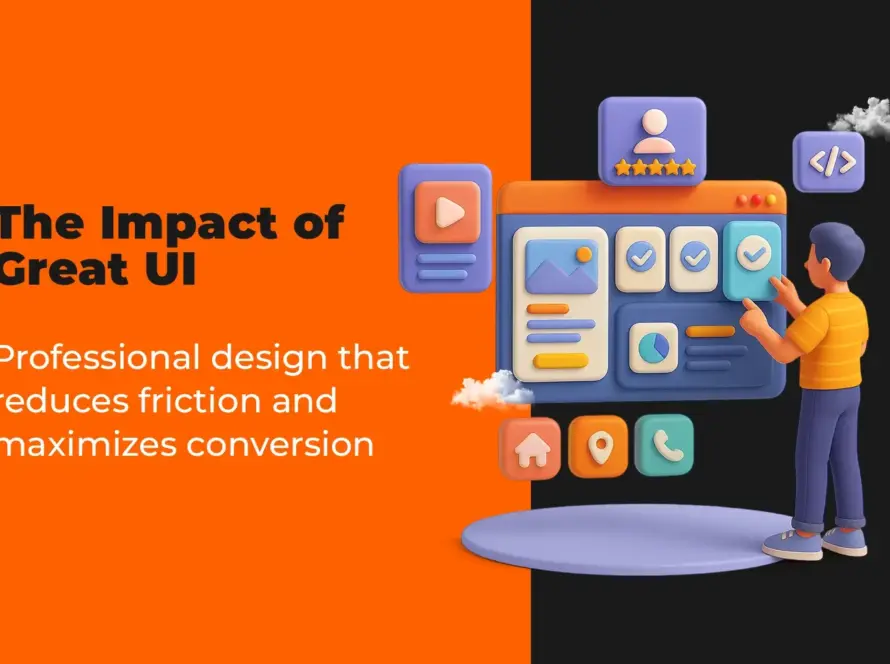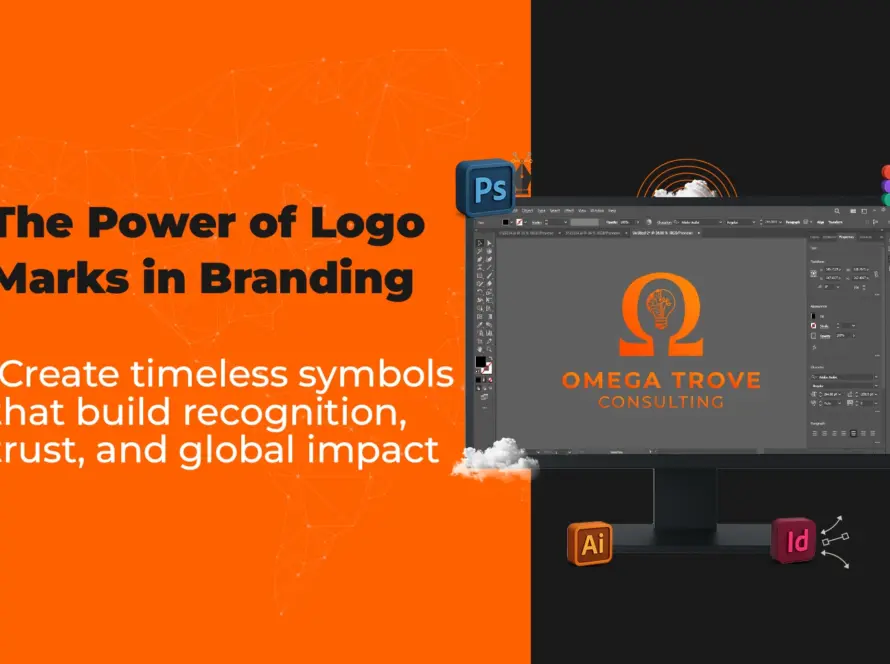What Is On-Page SEO?
On-Page SEO refers to the optimization of elements within a website page to improve its visibility in search engines. This includes content, headings, meta tags, images, and internal links. At Omega Trove, we apply on-page SEO strategies that balance clarity, usability, and ranking signals to help businesses grow online.
What Does On-Page SEO Mean in Search Engine Optimization?
In SEO, on-page tactics are everything under your control. For example:
- Optimizing a blog post with targeted keywords in headings and body copy.
- Writing unique meta titles and descriptions that attract clicks.
- Adding alt text to images for accessibility and search relevance.
Consultants use on-page SEO to ensure search engines and users can understand, navigate, and engage with content.
Why On-Page SEO Matters for Business Strategy
On-page SEO is the foundation of organic visibility and long-term growth.
Benefits of On-Page SEO:
- Improves rankings by signaling relevance and quality
- Boosts CTR with optimized titles and descriptions
- Enhances user experience with structured content
- Supports internal linking for authority distribution
- Builds long-term ROI by compounding organic traffic
How Omega Trove Optimizes On-Page SEO
Omega Trove applies clarity, structure, and scalable systems to on-page SEO:
- Researching target keywords and integrating them naturally into content
- Optimizing H1, H2s, and internal linking for structure and flow
- Writing SEO-friendly meta titles and descriptions
- Adding schema markup for rich results
- Improving page speed and accessibility to align with Core Web Vitals
Learn more about our SEO services.
Related Terms You Should Know
- Meta Title – A key on-page ranking factor.
- Anchor Text – Optimized linking text within pages.
- Schema Markup – Code that enhances search result displays.
Frequently Asked Questions
What Is On-Page SEO?
On-Page SEO is the process of optimizing website elements such as content, headings, meta tags, and internal links to improve search rankings. It ensures search engines can understand and rank your pages effectively while providing users with a clear, relevant, and high-quality experience.
Why Is On-Page SEO Important?
On-page SEO is essential because it directly impacts visibility, usability, and rankings. By optimizing titles, headings, and content, websites signal relevance to search engines. This helps attract more organic traffic, reduce bounce rates, and strengthen user engagement and authority.
What Factors Affect On-Page SEO?
Key on-page SEO factors include:
- Keyword usage and placement
- Meta titles and descriptions
- Header structure (H1, H2, H3)
- Image optimization with alt text
- Internal linking and anchor text
- Page speed and mobile usability
These elements work together to boost visibility and performance.
How Is On-Page SEO Different From Off-Page SEO?
On-page SEO focuses on what you control directly on your website, such as content, structure, and technical signals. Off-page SEO includes external factors like backlinks, citations, and brand mentions that influence authority and trustworthiness in search engines.
How Often Should On-Page SEO Be Updated?
On-page SEO should be reviewed regularly — ideally every few months. Update when adding new content, targeting new keywords, or after major Google algorithm changes. Continuous optimization keeps your pages relevant and competitive in evolving search environments.
Do Meta Titles and Descriptions Affect SEO?
Yes — meta titles and descriptions play a major role in on-page SEO. Optimized metadata improves search relevance and boosts click-through rates. Well-written titles with target keywords attract attention, while compelling descriptions drive user engagement from SERPs.
What Tools Help With On-Page SEO?
Popular tools for on-page SEO include SEMrush, Ahrefs, SurferSEO, and Google Search Console. These platforms analyze keyword usage, metadata, headings, and internal links to identify optimization opportunities and ensure your content aligns with best practices.
Can On-Page SEO Improve Click-Through Rates (CTR)?
Yes — effective on-page SEO improves CTR by enhancing visibility and relevance. Optimized meta titles, structured content, and schema markup make listings more attractive in search results, encouraging users to click through and engage with your page.
How Does Content Length Affect On-Page SEO?
Content length impacts SEO when tied to depth and value. Longer content often ranks better because it covers topics comprehensively. However, quality, structure, and readability are more important than word count — focus on satisfying user intent first.
How Can Businesses Improve Their On-Page SEO Effectively?
Businesses can enhance on-page SEO by combining keyword research, content optimization, and technical best practices. Focus on structured headings, optimized metadata, fast loading speeds, and clear internal linking. Regular audits and updates ensure your website stays aligned with Google’s ranking signals.


